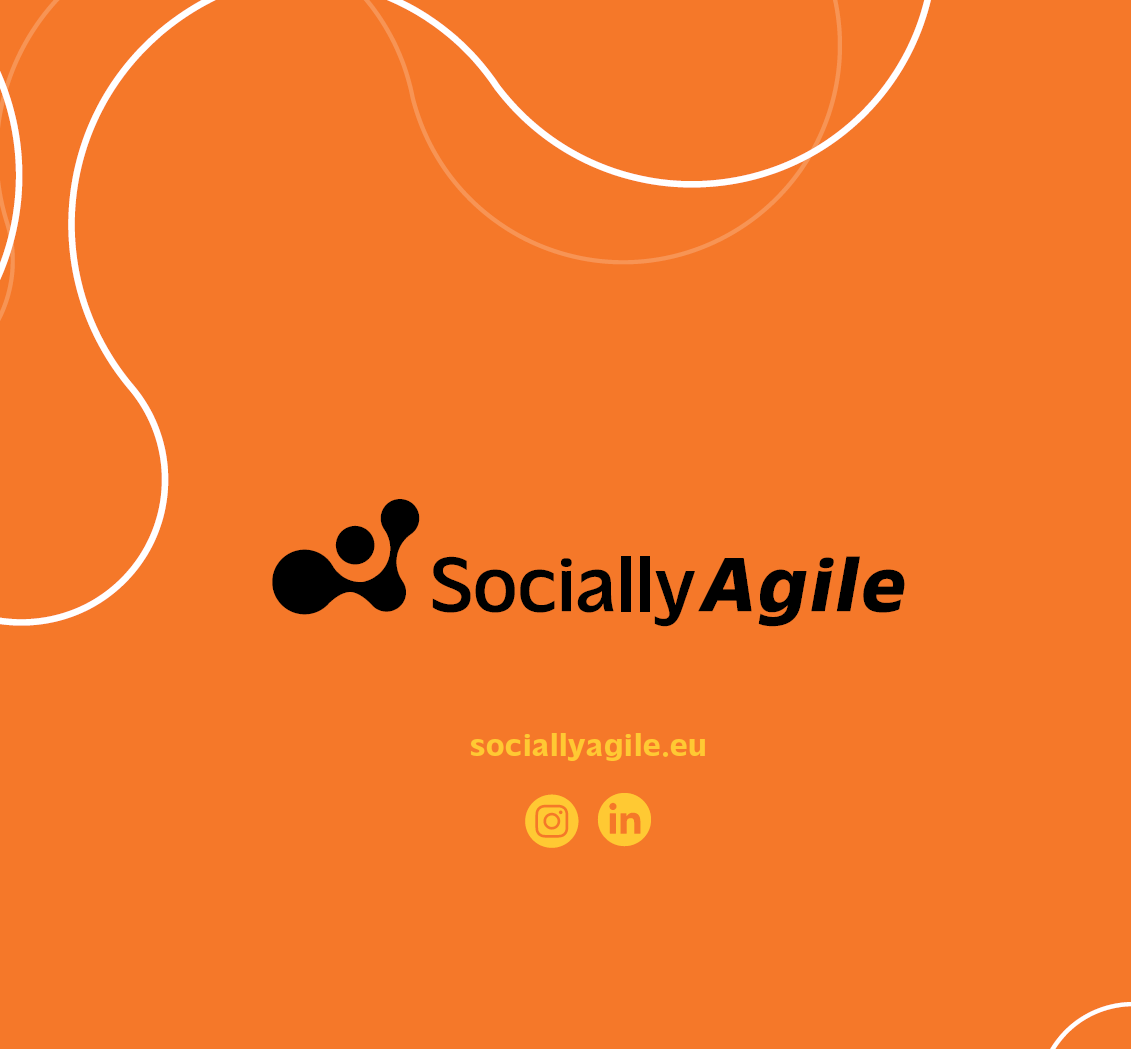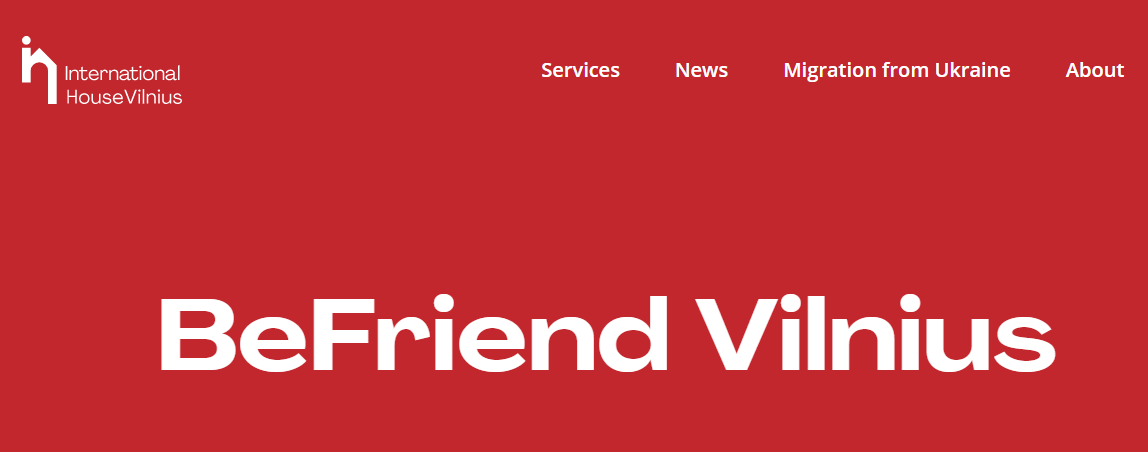Download here paper written by Renate Lukjanska (Rezekne Academy of Technologies), Magda Leszczyna-Rzucidło (Uniwersytet Gdañski) and Julia Kuznecova (Riga International School of Economics and Business Administration) and published in International Business and Global Economy 2017, no. 36, pp. 262–274 (Biznes międzynarodowy w gospodarce globalnej 2017, nr 36, s. 262–274); Edited by the Institute of International Business, University of Gdañsk ISSN 2300-6102 e-ISSN 2353-9496
This content is delivered to you in the framework of the SEBS2 project co-funded by the Erasmus+, as our aim is to popularize social business and social entrepreneurship in the Baltic Sea Region.
This paper presents an overview of support mechanisms for social entrepreneurship available in the seven Baltic Sea Region (BSR) countries with references to the pertinent literature. Its main aim is to evaluate the mechanisms of support provided by state and local authorities regarding their influence on the development of the social entrepreneurship sector. The research is based on a survey conducted among representatives of social enterprises from the seven BSR countries and focuses group interviews. The hypothesis assumes that there is a significant disparity in the level of support offered to social entrepreneurs in the researched countries; moreover, it is not the kind of support that is expected by entrepreneurs. The study revealed that the conventional support mechanisms include: specialised institutions founded by the government, access to direct financial aid, and infrastructure support aimed at increasing the capacity of social enterprises. The conclusion is that the existing support mechanisms require greater state and local involvement. Continued efforts are necessary to make them more accessible and better adjusted to the needs of social entrepreneurs in the researched countries.
Keywords: social entrepreneurship, support mechanisms, entrepreneurship, social enterprise















Leave A Comment